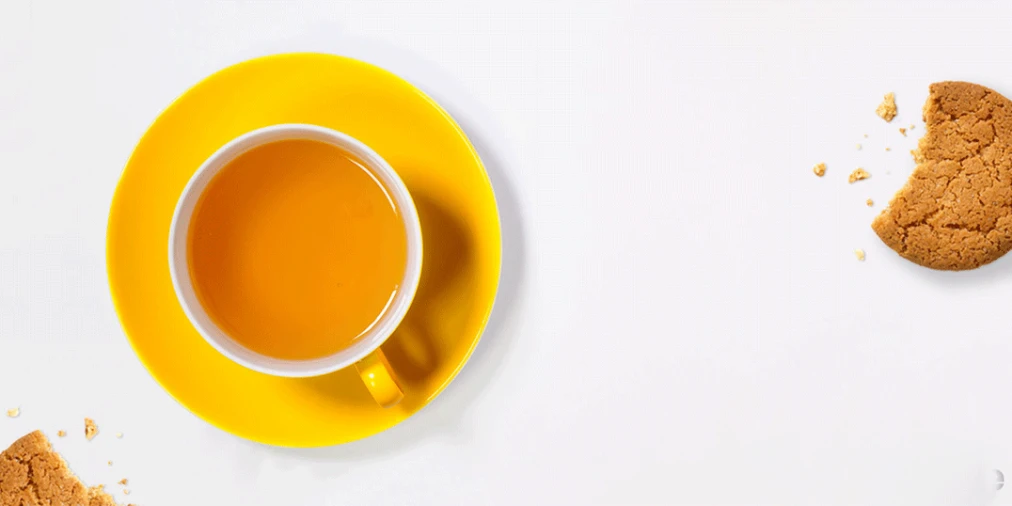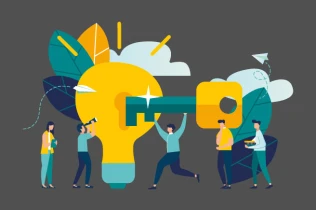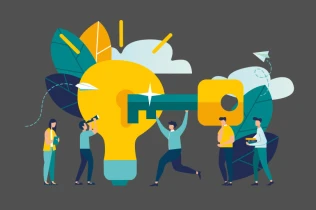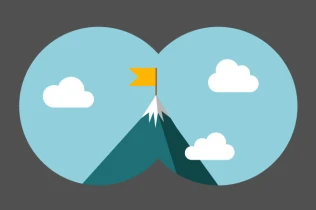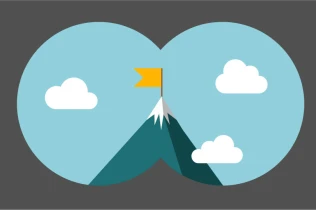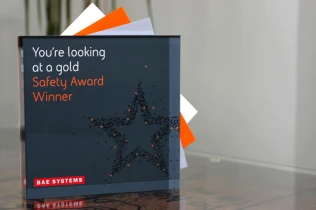More reading..
The results, published in the Food Quality and Preference journal, indicated that the tea drinkers scored significantly higher than the water drinkers. With that in mind, what exactly is the explanation for this tea-riffic beverage’s contribution towards creativity?
Nutrition-wise, the key ingredients are caffeine and theanine. Whilst we all know about the former’s role as a stimulant, the latter is an amino acid found in tea leaves and has been proven to promote feelings of calm by reducing the levels of chemicals which contribute towards anxiety and stress. This in turn helps to improve focus and assist the processing of information by increasing the brain’s attention span.
Despite the science behind tea’s effects on the brain, those behind the study decided that, since caffeine and theanine take a fair amount of time to take effect (paired with the fact that very small amounts were given to the test subjects), the increase in divergent thinking was down to tea’s ability to improve people’s mood. The team of researchers declared: “This work contributes to understanding the function of tea on creativity and offers a new way to investigate the relationship between food and beverage consumption and the improvement of human cognition.”
So, there you have it: there are bags of creativity to be found in tea. Happy Afternoon Tea Week, everyone – we’ll continue to await the study that champions the effects of cake on creativity levels...
